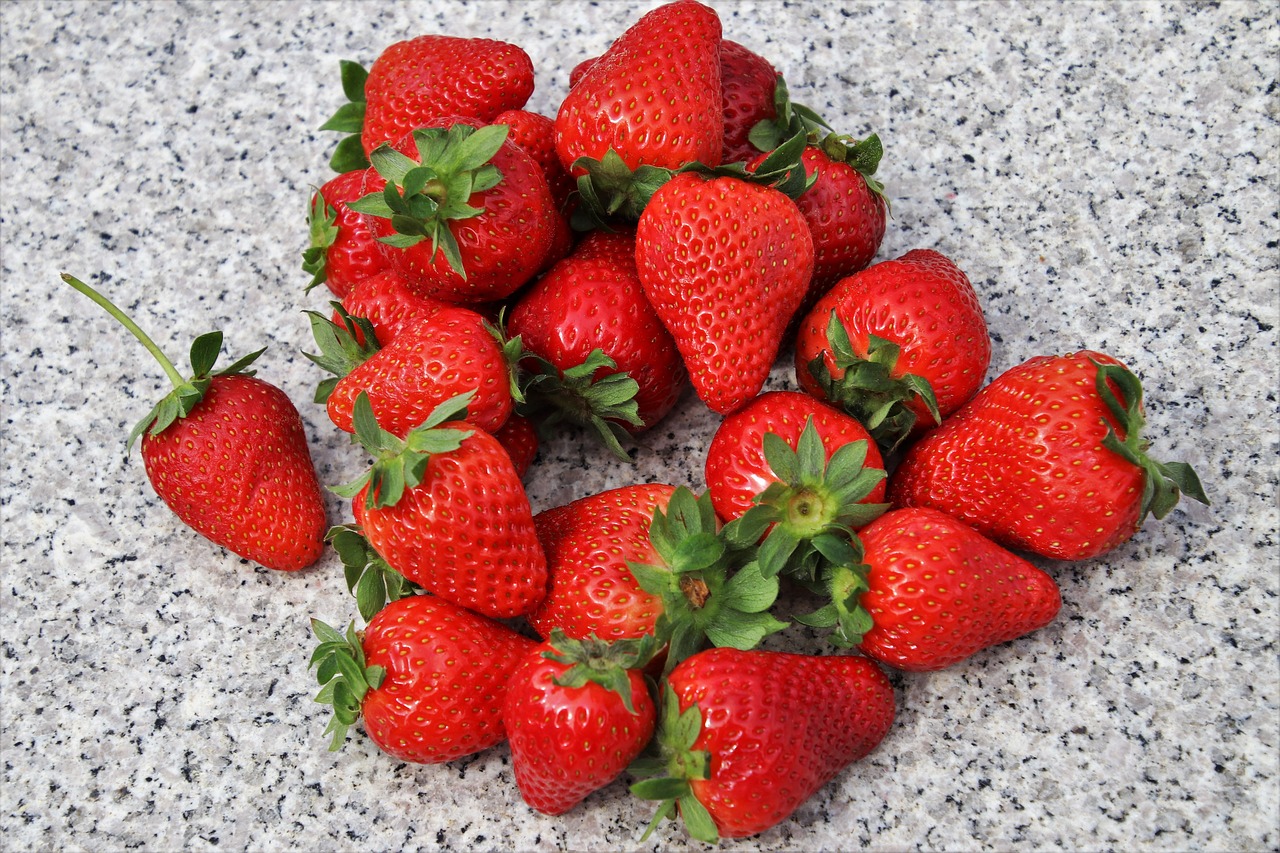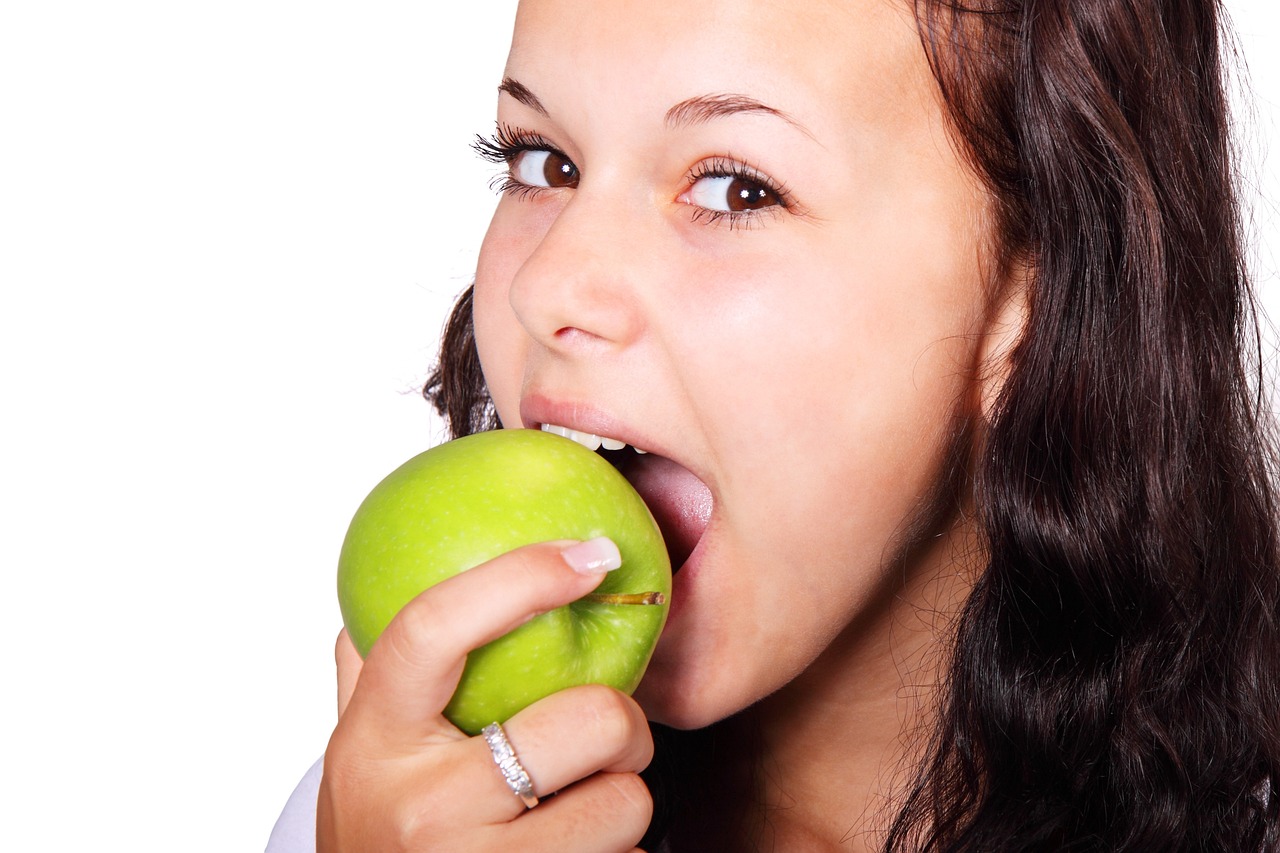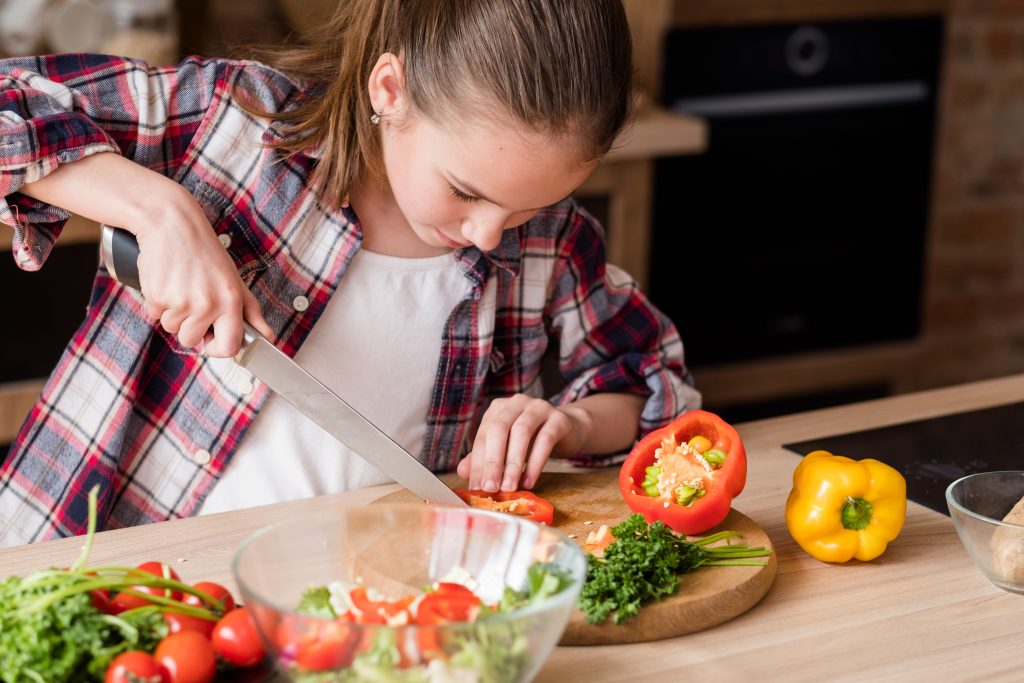How Nutrition Affects Teens’ Mental Health
Research reveals the power of particular nutrients to increase our well-being.
What we eat and how we eat it are closely associated with our emotions and mental health. A growing body of research is revealing not only the power of particular nutrients to increase well-being, but also the multifaceted ways in which our attitude and choices regarding food impact our state of mind.
That’s why it’s so important for teen mental health providers and treatment programs to incorporate specific nutrition plans into their approach to sustainable healing – not only for adolescents with eating disorders, but also for those who are addressing depression, anxiety, trauma and other conditions.
How Nutrients Support Mental Health
Science is increasingly validating the amazing impact of food on our mood. A 2013 study found that the risk of depression is 25 to 35 percent lower in those who eat a diet high in vegetables, fruits, grains and fish, while avoiding processed foods and sugar.
In another study, the percentage was even higher. In fact, teens in the study who ate a low-quality diet had an 80 percent higher risk of depression in comparison to those who ate a higher-quality, whole-foods diet.
Nutrients such as omega-3 fatty acids (found in salmon, walnuts and chia seeds), vitamins D (eggs) and B (spinach, mushrooms and pineapple), folic acid (whole-wheat bread, green vegetables and nuts), magnesium (seaweed, beans and leafy greens) and tryptophan (turkey, eggs and beets), among others, have a measurable impact on depression and other mental health conditions.
However, it’s important to note that the effect of our eating habits on our mental health isn’t just about what we eat. How we source our food, the care we put into preparing it and the way we eat it can be as – or even more – important than our food choices when it comes to our state of mind.

Vegetables and Fruit
Vegetables and fruit almost always contain more vitamins and minerals than highly processed foods or snack foods – and that’s a plus for mental health, as research makes clear. But the good stuff isn’t just in the produce itself; we can also reap mental health benefits from the experience of growing and harvesting our own food.
According to new studies, growing our own food lowers the risk of anxiety and depression, reduces stress, and increases life satisfaction. Part of that is neurobiological: Researchers have found a link between soil bacteria and stress resilience. Bacteria promote the health of the microbiome, which subsequently promotes healthy brain function. (About 95 percent of our serotonin is produced in the gastrointestinal tract, so it makes sense that the digestive system plays a major role in regulating our emotions.)
Two more good reasons to garden: It promotes exercise and time in nature, which are both proven to have a positive impact on mental health. These elements are especially important for teens, who spend so much of their days indoors and plugged in.
Boosting Well-Being in the Kitchen
Once we’ve sourced our food, the next step is preparing it. This part of the process can also be an avenue for enhancing teen mental health – particularly when young people approach cooking as a creative activity that they enjoy doing with and for others.
A recent study published in the Journal of Positive Psychology followed more than 650 young adults. Each day, they reported how much time they spent on creative activities and how they felt that day. The researchers found that the adolescents experienced greater flourishing and positive emotions on the days following increased creative activity.
Thus, when we approach cooking as a creative act, there are mental health benefits inherent in the process. And, if we’re working alongside family or friends, the enjoyment and connection we feel are also mood boosters.
On top of that, when we cook for and serve others, we get an additional benefit: the “helper’s high,” that sense of well-being we feel when we do things for others. Cooking and serving a meal with care, for people who enjoy and appreciate it, builds positivity.
The Benefits of Mindful Eating
Along with growing, cooking, serving and carefully choosing our food, enjoying it is also key to mental health. Taking time to savor our food enhances well-being, through the mechanisms of presence, gratitude and mindfulness.
In fact, research confirms that meditation (essentially a structured form of mindfulness) can be as powerful as antidepressants for relieving symptoms of anxiety and depression. The positive emotions of gratitude and appreciation have also been shown to increase happiness levels.
It works the other way around, too: What we eat influences our emotions, and our emotions, in turn, influence our choices around food. For example, in a 2010 study, people who were in a positive mood were more likely to choose grapes as a snack instead of M&Ms. Bottom line: Eating well builds on itself, and the result is thriving and health, in both mind and body.

How can I help my teen form healthy habits?
As a parent, you play a big part in shaping your teen’s eating and drinking habits. When you make it a habit to consume foods and beverages that are low in added sugars, saturated fat, and salt and are high in fiber, your teens may learn to like these foods as well. If your teen does not like a new food right away, don’t be upset. Teens often need to see a new food many times before they will try it.
Be a role model. As a parent you also have an effect on your teen’s physical activity. You do not need to be an expert at any activity. Just get up, move, and show how much fun being active can be. You can set a good example by going for a walk or riding a bike instead of watching TV, playing a video game, or surfing the internet. Find an activity that you enjoy and can do together.
Talk about being healthy. As you learn more about how to improve your health, take the time to talk to your teen about how a certain food or physical activity may help them. For example, when going for a walk, bring your teen with you and let them pick the route. Discuss how walking helps you feel better and is a fun way to spend time together.
Use your teen’s food and beverage choices as teaching moments. Speak up when you see unhealthy choices. Direct your teen to healthier options or say, “You can have a little of that, but not too much.” Talk to them about why an overly salty or heavily sugared snack is not the best choice. Avoid making them feel guilty about their food or beverage choices. You can also praise your teen when they choose a healthy item like fruit.
Use comments like these:
- “Great choice!”
- “You’re giving your body what it needs with that snack!”
- “I like those, too.”
With physical activity, try upbeat phrases like these to keep your teen excited:
- “You run so fast, I can hardly keep up!”
- “You are building a strong, healthy heart!”
- “Let’s walk 10 more minutes to make us stronger.”
Make sure your teen gets enough sleep. Getting enough sleep can improve your teen’s mental, emotional, and physical health. Not getting enough sleep may lead to many mental health issues. Find out how many sleep hours experts recommend for your teen, depending on his or her age.
Promote good health beyond your family. In your teen’s school, you can help promote healthy habits in several other ways:
- Find out more about the school’s breakfast and lunch programs.
- Find out about the school’s physical education program, and look for opportunities to be active during the school day.
Consider other influences. Just as they do for you, your teen’s friends and the media can also affect healthy choices. Some TV, online, and other ads try to persuade your teen to consume high-fat foods and sugary drinks. You can help your teen be aware of these pressures. Speak with your teen about choices while you watch TV, surf the internet, or go to the movies with them. Use programs and ads to spark chats about your values. These talks may help your teen make healthy choices outside the home.

Recent Posts
- ADHD and Attention
- What is Anxiety?
- What is Teen Depression?
- How to Know When Your Child Might Need Your Help
- The Crucial Role Family Plays in Treatment of Adolescent Mental Health
- Teens Should Know Mental Health Coping Skills
- The Impact of Mental Health on Academic Performance
- How Nutrition Affects Teens’ Mental Health
- What Is OCD?
